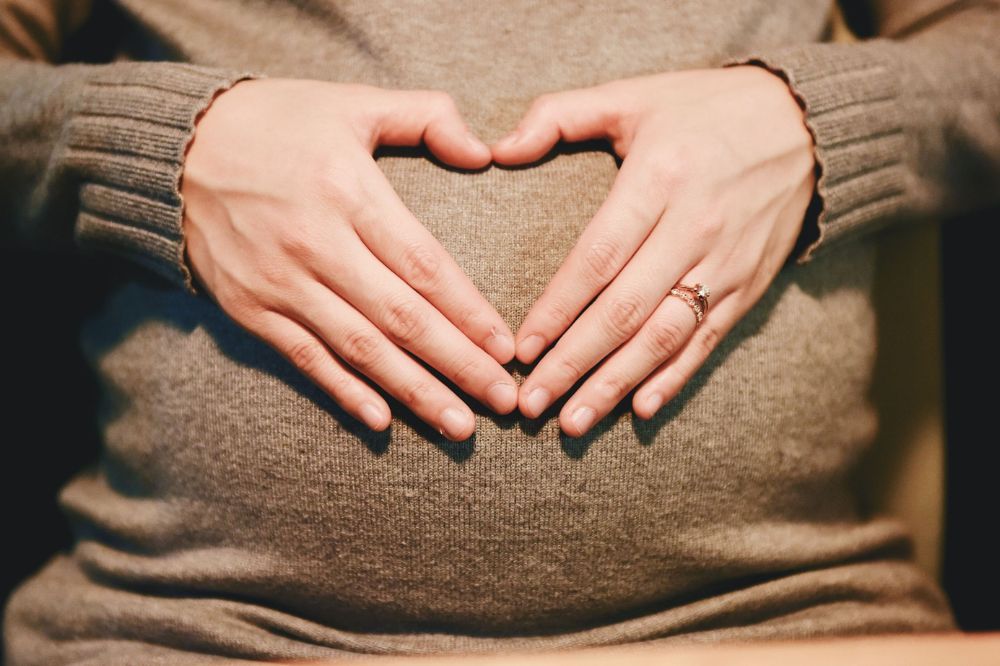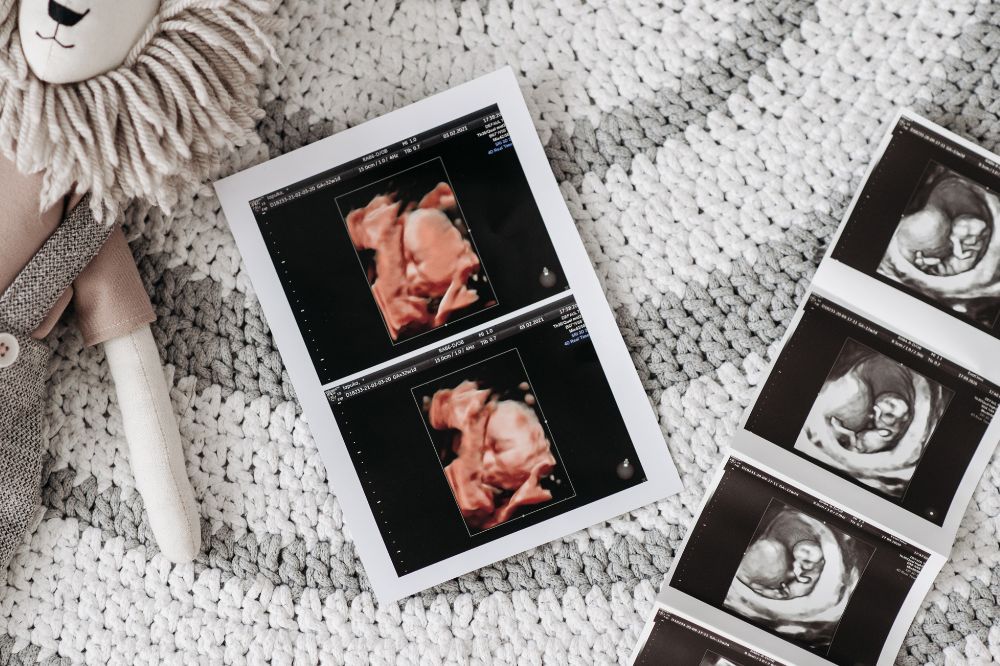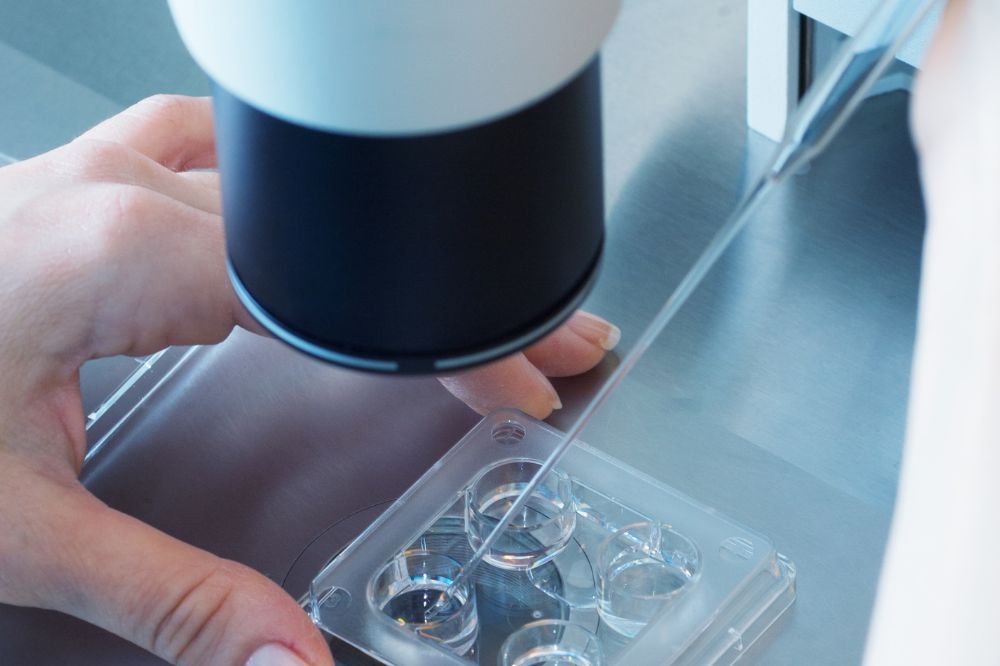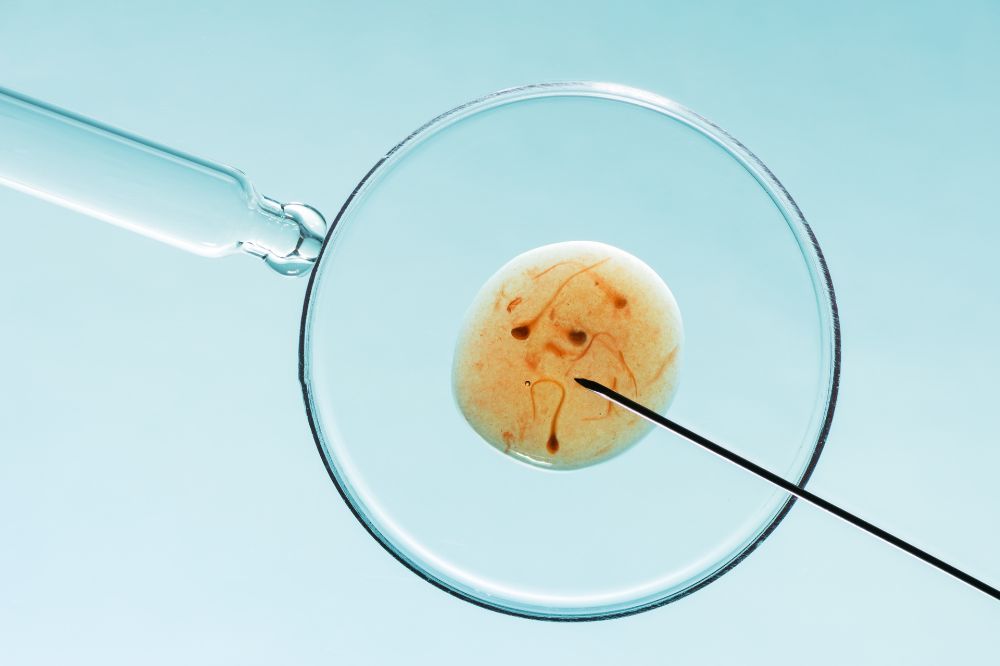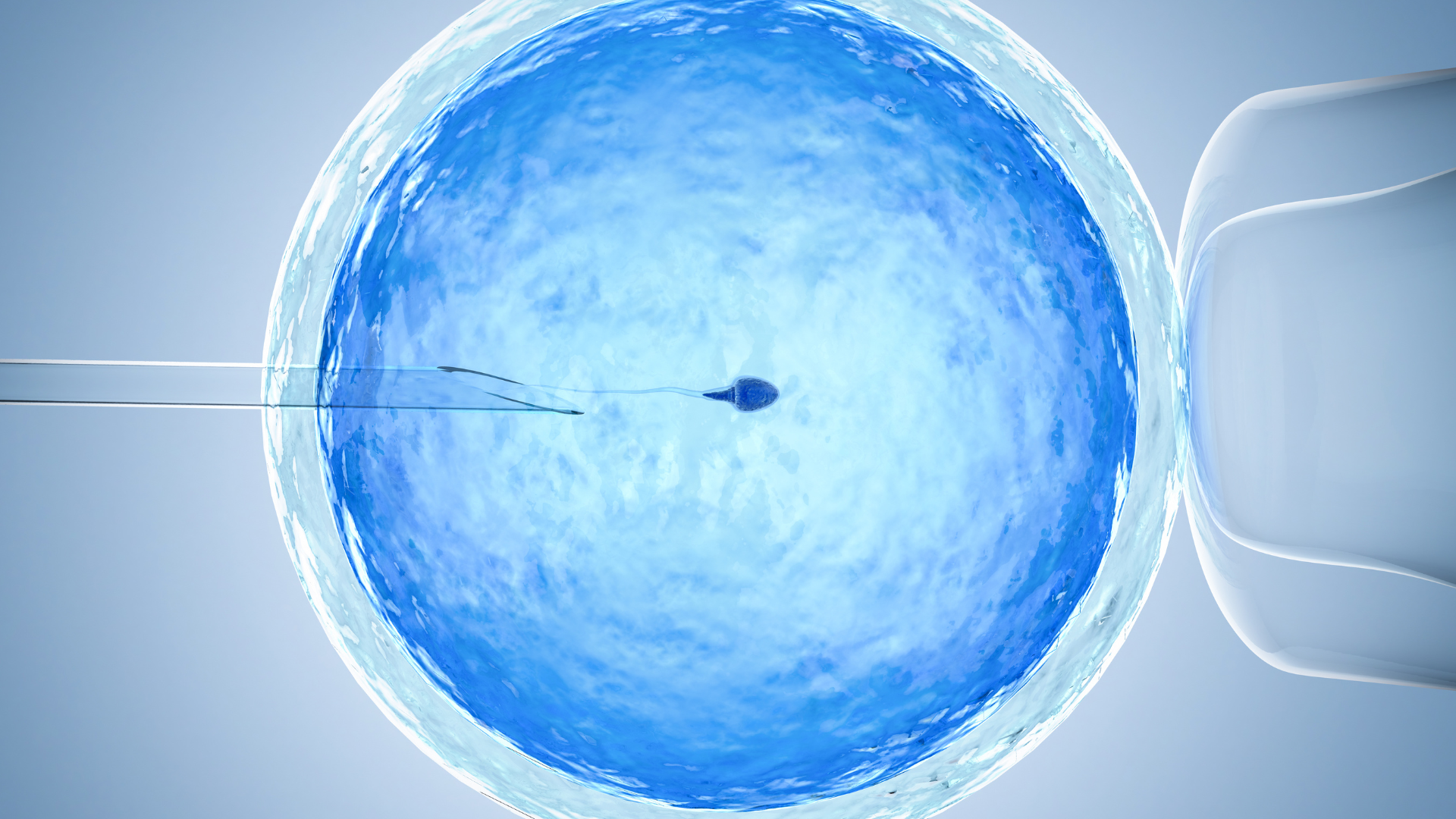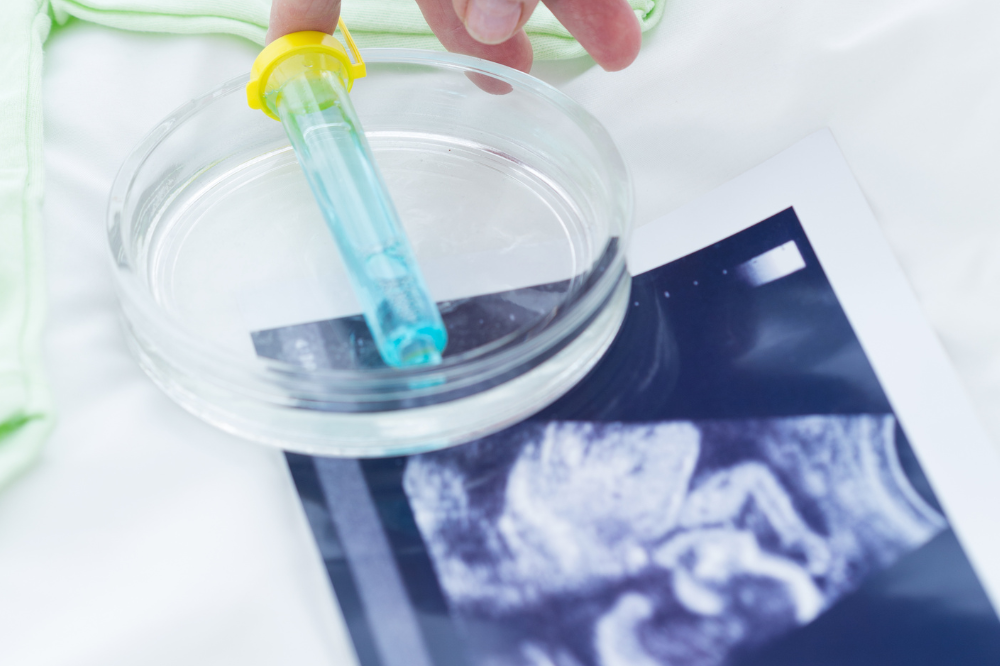Artificial Insemination Success Rate
If you’ve been trying to get pregnant for a year or more without success, you may be ready to consider assisted reproductive technology. Artificial insemination is one of the most common types of fertility treatment. It’s a simple, noninvasive outpatient procedure in which sperm is inserted into the uterus using a catheter. This helps healthy sperm get closer to the egg, which improves the chances of successfully attaining fertilization.
Artificial insemination success rate can vary based on a number of factors. In general, the success rate of this procedure ranges from 7 percent to about 25 percent. Combining this procedure with fertility drugs may increase your chance of success, but success rates drop as you age. The success rate for women over 40 is around 5 percent.
How Artificial Insemination Works
Your menstrual cycle is monitored for about 12 to 14 days so that the procedure can be done when you ovulate. Monitoring is done using ultrasound and bloodwork. Fertility medicine may be given to stimulate ovulation. Sperm is donated by your partner or by a sperm donor. The sperm is washed and processed to enhance sperm quality.
The procedure is schedule once your doctor determines when ovulation will occur. It’s a painless procedure that takes a matter of minutes. Once the sperm has been injected, you may be instructed to lie on your back for approximately 30 minutes. You’ll go home after that and return for a pregnancy test in two weeks. If you aren’t pregnant, the procedure can be repeated.
Candidates for Artificial Insemination
You may be a candidate for artificial insemination if your fertility problem is related to mild endometriosis or thick cervical mucous. You may also be a candidate if your partner’s sperm has low motility or low count. Couples who have unexplained infertility are often good candidates for this procedure.
Donor sperm may be used if your partner has a known genetic condition that you wish to avoid passing on. Artificial insemination may be a good option if a single woman wants to conceive or a same sex female couple wish to have a baby.
If you have severe endometriosis, blockage of your fallopian tubes or severe pelvic scarring from multiple pelvic infections, artificial insemination may not be a good option. Your fertility specialist may recommend in vitro fertilization in these cases, and it may also be recommended for women over the age of 40.
In Vitro Fertilization
If artificial insemination isn’t right for you, or if you’ve had several unsuccessful cycles of artificial insemination, you may want to consider in vitro fertilization. In this procedure, your eggs are harvested and combined with sperm in a lab setting and implanted in your uterus after a few days. This sometimes results in multiple births. Embryos that aren’t used can be frozen for future use.
At the Center for Reproductive Health, a compassionate and knowledgeable team is available to explain different options in assisted reproductive technology and to answer any questions you may have. Call today to schedule a consultation.

